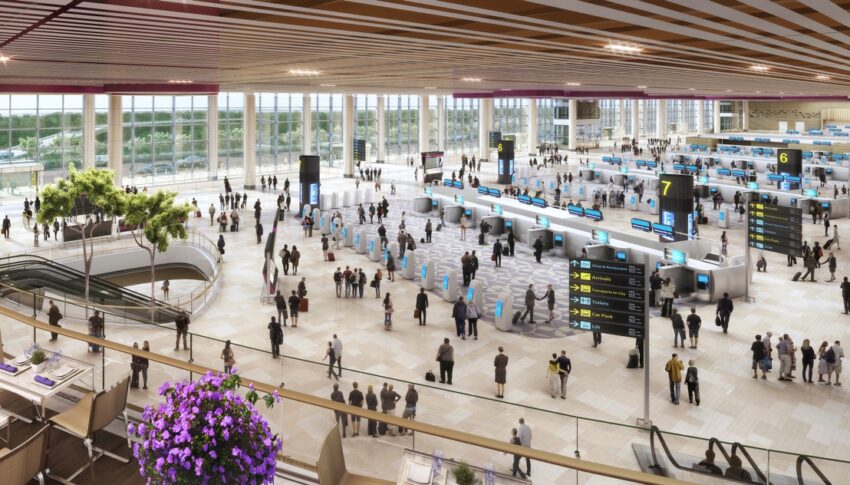One of the challenges hindering the resumption of international air travel is the lack of a clear and centralised source of information which travellers can rely on, where onerous rules of entering a country often change at short notice due to new Covid-19-related developments, and that such announcements force travellers to either adjust or cancel their plans to accommodate the changes.
To tackle this challenge, Changi Airport has introduced a Covid-19 concierge portal to facilitate entry into Singapore, helping travellers to find the right information and to fulfil the entry requirements.
The Safe Travel Concierge (STC) portal features a checklist of pre-travel requirements which travellers to Singapore must fulfil. Upon signing up for an account via the portal and detailing both their profile and flight details, users will see a customised checklist to be completed prior to departure.
This includes the need to apply for a special pass to enter Singapore, booking and paying for an on-arrival polymerase chain reaction (PCR) test, as well as submitting an online arrival card and health declaration to immigration authorities three days prior to arrival.
Changi originally created the portal to allow travellers to pay for their on-arrival Covid-19 PCR test at the onset of the pandemic. A prototype was developed by the airport’s DIVA team — that’s “digital, innovation, ventures and analytics” — and put to trial at an industry trade show, TravelRevive, that was held in Singapore during November 2020, prior to its public release in April 2021.
YouTube video for Safe Travel Concierge: https://youtu.be/Wm00tkshK1k
Lucas Lee, manager of the airport’s development operations team, noted the lack of a single source of information for travellers wishing to enter Singapore as the inspiration behind the portal’s development.
“Researching for information online was challenging and confusing for many passengers, as different countries have different requirements, and they could change from day to day. We wanted to make it easy for incoming travellers to navigate the pre-travel requirements to Singapore,” says Lee.
With the likelihood that the concierge portal will be used for the foreseeable future, Changi states the accounts will be maintained, and travellers will have the option to reuse the portal for their future travels to Singapore.
Brendan Sobie, a Singapore-based independent analyst at Sobie Aviation, tells us that he welcomes the development of such portals or apps, but notes that more needs to be done.
“International travel is very complicated these days as passengers and their airlines have to navigate many regulations and requirements which are often changing at the last second,” says Sobie.
“Any portal or app from an airport, airline or other entity to help facilitate cross border travel is helpful. But what the industry needs more than anything else is consensus and multilateralism. Governments [also] need to come together and agree on items such as digital passports and vaccine recognition.”
To expedite Covid-19 testing at Changi Airport, Singapore’s Ministry of Health is encouraging travellers entering the country by air to register and make pre-payment for their on-arrival PCR test through the concierge portal.
Meanwhile, Sobie stresses the need for governments to quickly adopt digital tools, in order to allow the aviation industry to recover.
“There are many initiatives and products out there to help facilitate international travel but adoption by governments has so far been very slow, which is hindering the ability of the industry to recover,” he says.
Fundamentally, in order for passenger demand to recover, prospective travellers need to be able to understand what the requirements are for entering destination countries from their departure location. If an airport like Changi, which is Singapore’s only international commercial airport (Seletar notwithstanding), feels the need to clarify the situation for its passengers, it would perhaps behoove other actors in the travel space, including governments, tourism authorities, airlines and trade associations, to consider the wider messaging implications of this need.
Author: Firdaus Hashim
Published: 17th August 2021
Join the challenge on Yocova
We are discussing this over in our Challenges Area: Do you agree that governments need to quickly adopt digital tools in order to allow the aviation industry to recover?




